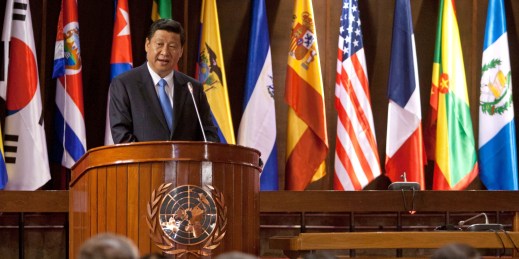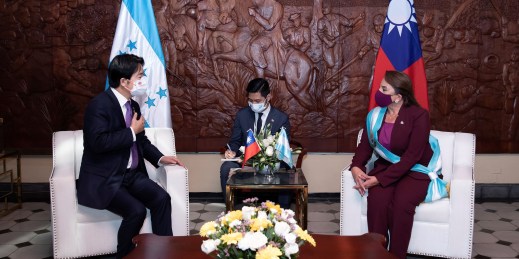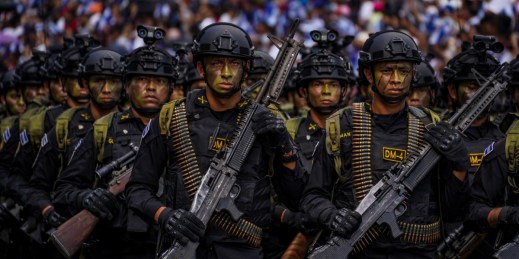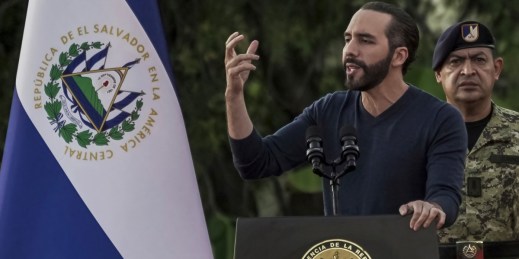
In recent years, Beijing’s strong foothold in Latin America has caused anxiety in Washington, particularly amid the recent resurgence of left-wing governments in South America. But although Beijing has made considerable gains in the region at Washington’s expense, claims about China’s influence there might be overstated.



